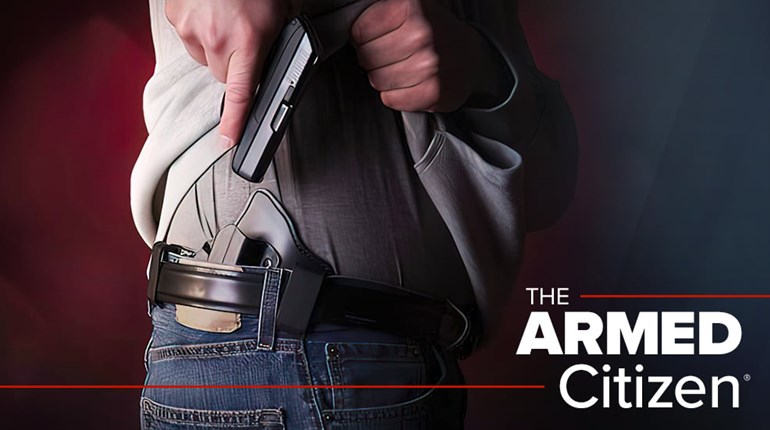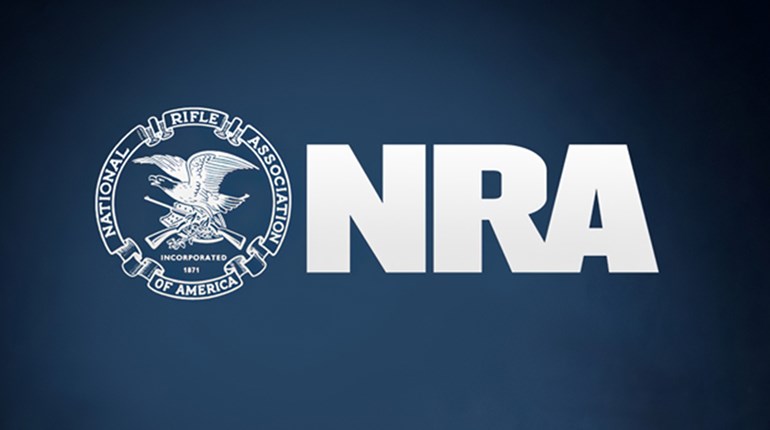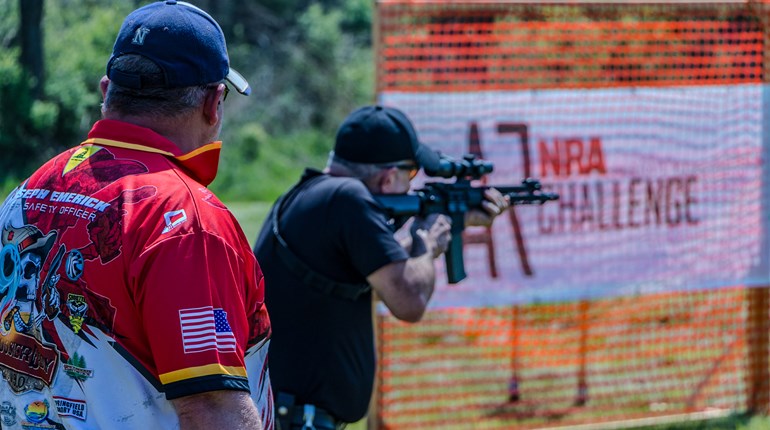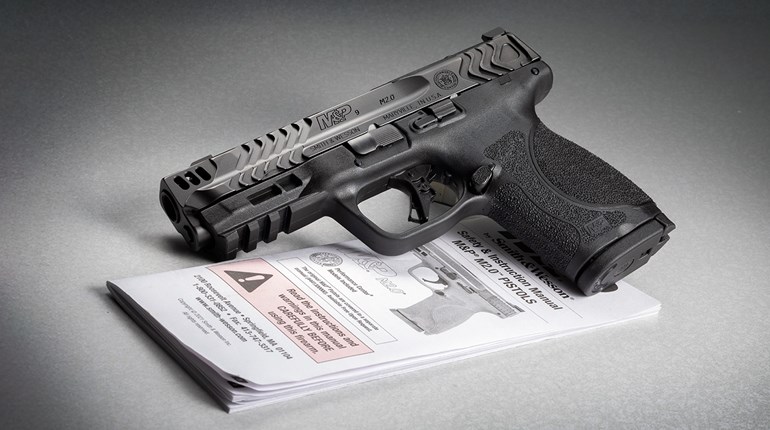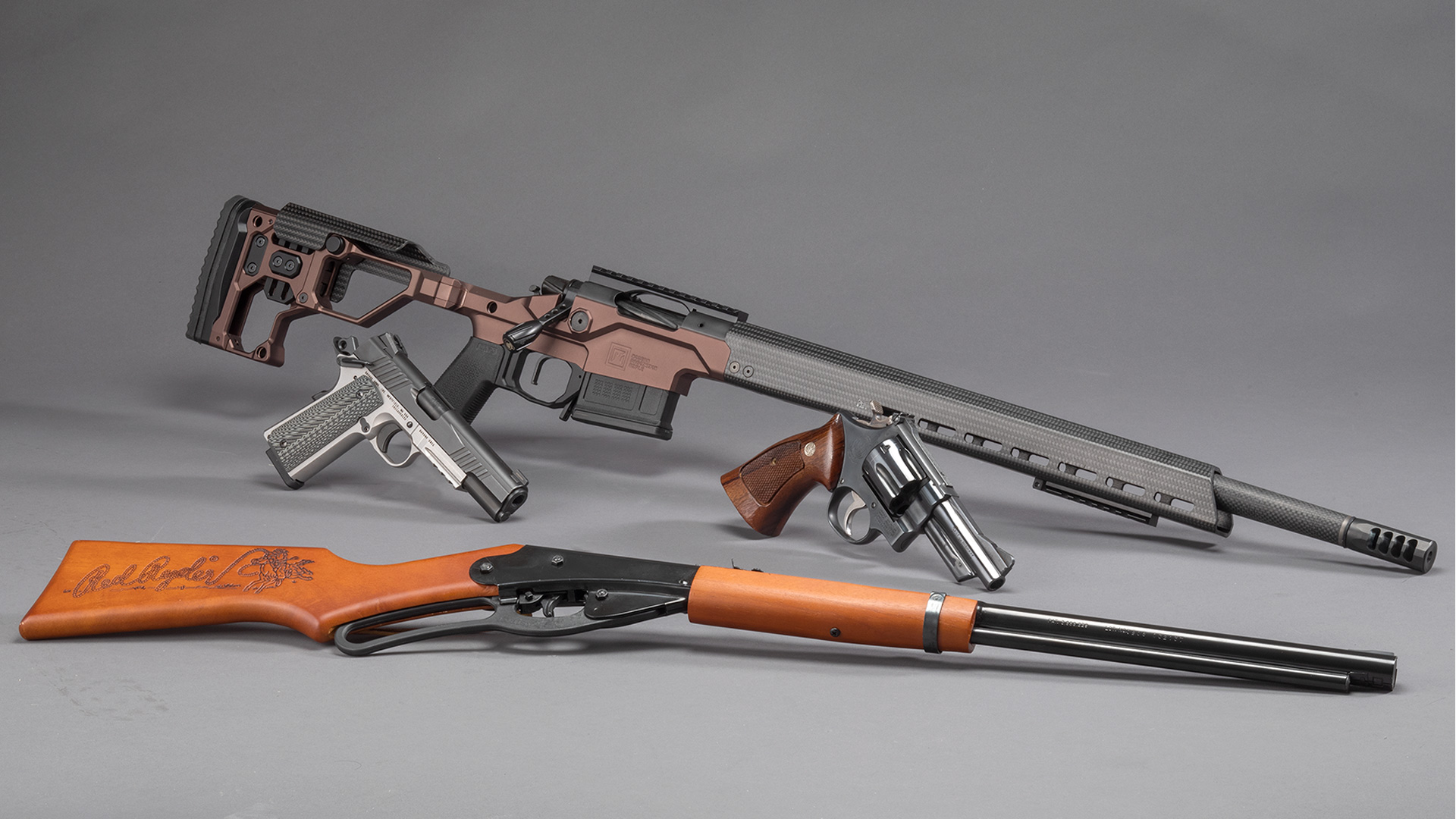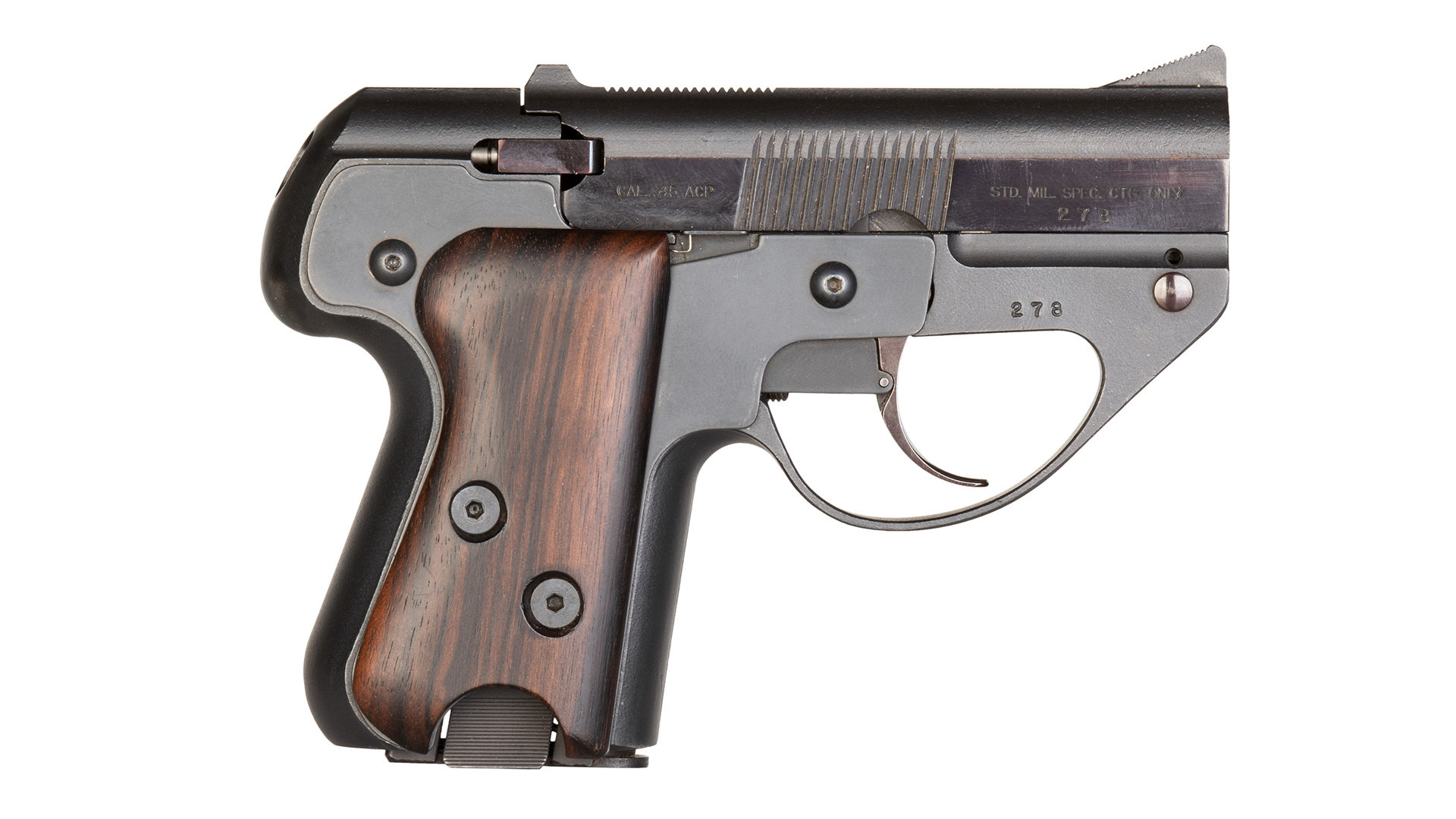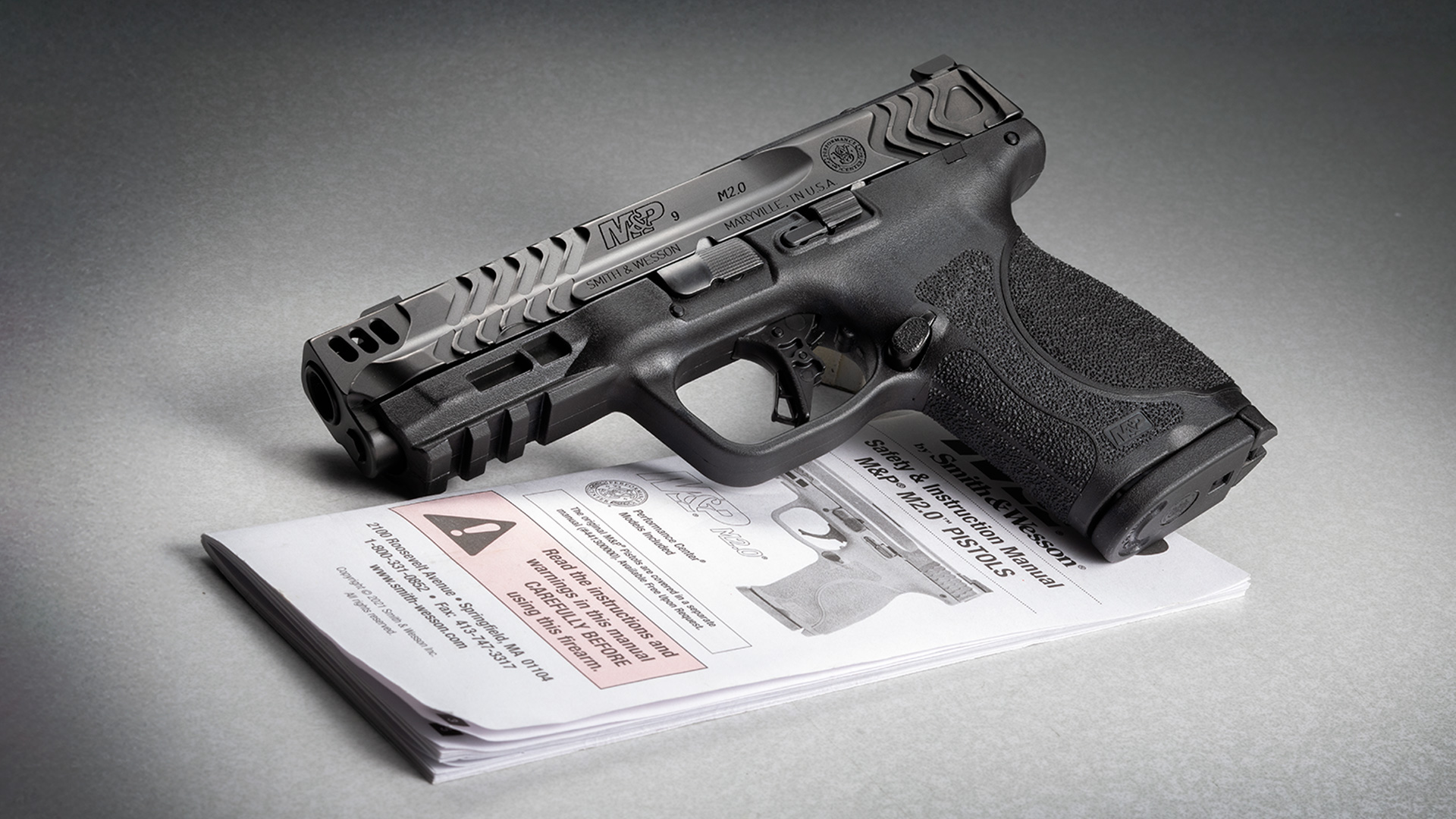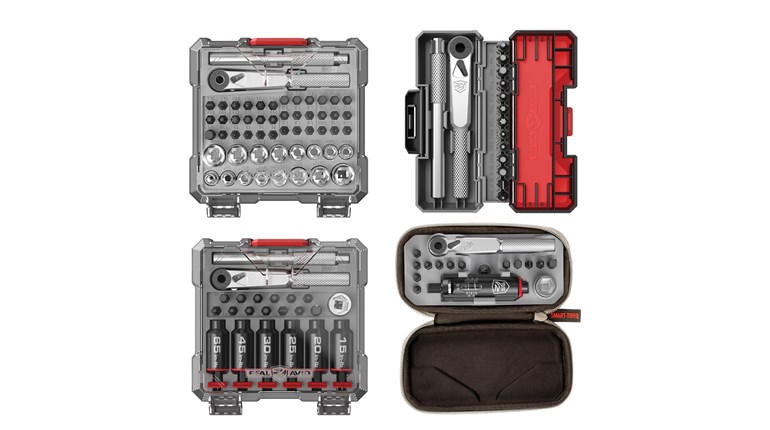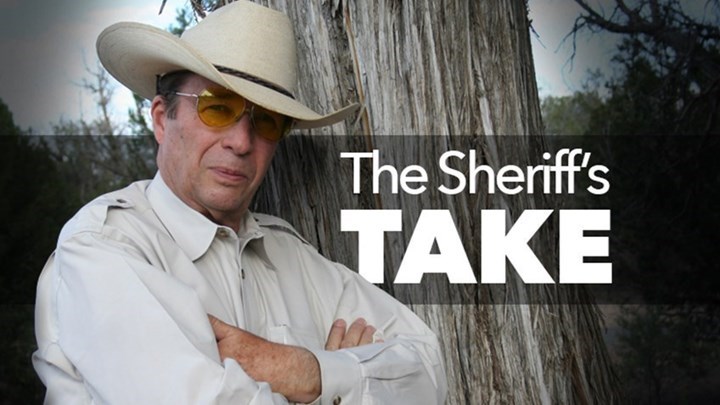
I was once talking with a group about the need for creating distance in a confrontation since everyone is a good shot up close. One of the group, a police officer, if it matters, said that he just didn’t let strangers get very close to him for that reason. Excuse me? It happens to us all the time, whether we like it or not—in the grocery store, walking down a busy city sidewalk, at major sporting events or concerts. Once you start thinking about it, it is not an uncommon occurrence at all.
Theoretically, there ought to be a comfort zone in which any stranger that enters becomes highly suspect. Crooks like to get close to their target, the closer the better. One reason is that most people when faced with an in-your-face threat will simply freeze. They weren’t expecting a threat. They don’t know what to do about a threat. And it simply takes them time to compute what is going on and what they might ought to do about it. In the time that the average person processes all of that, it is often too late.
The criminal will often use some innocuous reason for getting close to his target. He may be asking for directions, or a light for his smoke, or the time. It is his way of diverting his target’s attention from what is really going on.
When strangers are nearby, it is time to really be in Condition Yellow, relaxed awareness. We should have our heads on a swivel and actually be looking at those around us. We are looking for things that don’t fit. We are looking for people who are paying too much attention to us. We are looking for people who, by their dress or actions, don’t fit the immediate scenario. And we are periodically looking behind us for the same indications.
We are not in Condition Orange until we have not spotted a potential threat, that person who is approaching us and seems about to engage us in conversation or worse. That’s the point that we become ready to respond defensively, should that be required.
While we may not have to be mean or rude, it is a good idea to take the contact away from the stranger. Hold up our support hand, “Stop. What do you want?” If he doesn’t stop, we may get ready to do battle or we may create distance, depending upon the situation. But the point is that we get ready to do something and to do it defensively.
In reality, when we are out and about in public, there is rarely a comfort zone. Being alert and having a plan is our best defense.












